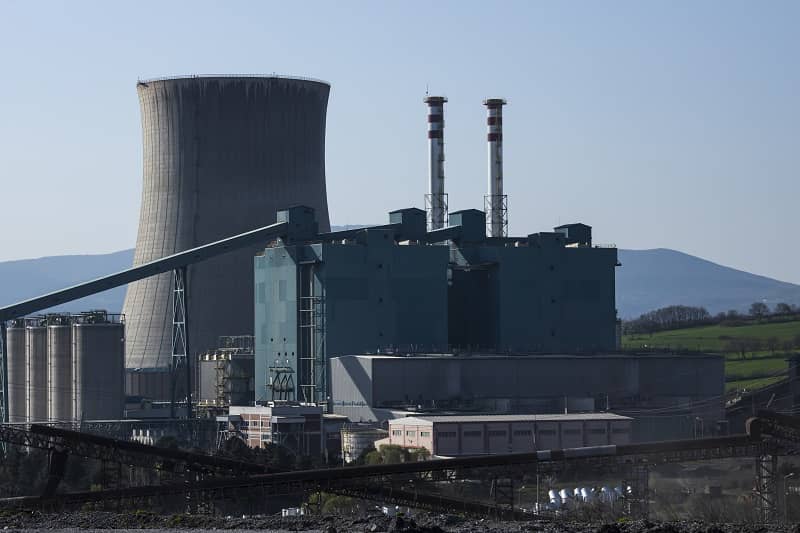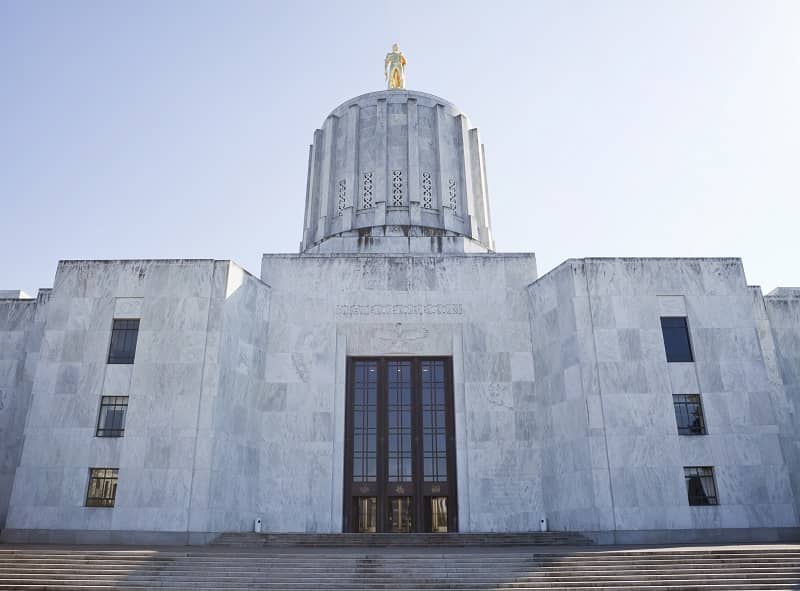By William Newell
The decisions we make are often greatly influenced by the information and advice we receive from other people. The same is true for elected officials, who generally seek the advice of experts in order to make important public policy decisions. Unfortunately, the system fails when decision makers receive information and advice that fail to tell the full story. By not taking into account all the necessary factors, policy makers can create unintended consequences that run counter to their intentions.
In 2007, the City of Beaverton began purchasing renewable energy “offsets” as a way to show the city’s commitment to sustainability and green energy. This year, Beaverton announced its success in purchasing renewable energy equivalents for all city operations. The city claims that its purchase offsets emissions from fossil fuel plants, thus providing a social and environmental benefit. Unfortunately, Beaverton’s well-intentioned policy has mixed results for the environment and the taxpayers.
The City of Beaverton purchases its renewable energy equivalents through Portland General Electric’s Green Power Program. The program charges a premium price for the purchase of renewable electricity. The cost on top of regular electric services goes to the purchase of renewable energy certificates, as well as program administration and marketing.
Purchasing RECs is intended to encourage the production of renewable energy, but RECs are too inexpensive to act as a real market incentive. The payments RECs generate aren’t required to be used for expanded production, either. Green energy producers themselves consider RECs to be little help in financing their green projects. RECs are largely a way for ratepayers to burnish their “green” credentials while paying power producers very little. Furthermore, little of the money spent on RECs actually gets to energy producers, due to green power marketers who act as middlemen in the REC marketplace.
If RECs represent the “positive environmental qualities” of renewable energy, they also represent the negative ones. Energy sources like wind and solar create negative externalities for ratepayers and the environment. Wind and solar are intermittent sources of power and must be backed up when the sun isn’t shining and the wind isn’t blowing. This means utilities must have non-intermittent energy sources such as hydropower or natural gas generators. Oregon’s hydropower system is already complex, and adding wind has made operating the system more difficult. Due to that fact, utilities must rely on other generation sources like natural gas peaking plants and possibly even coal plants for backup power.
When gas and coal plants are used as backup power, maintenance costs and generator inefficiency rise. This can be monetarily costly but also worse for the environment. If power plants designed to operate continually are used to make up for intermittent generators, their fuel consumption rises while overall electricity output stays the same or falls. Wind turbines, the main energy source supported by RECs, damage sensitive bird and bat populations with their large spinning blades.
In the end, Beaverton is faced with two facts. If RECs don’t encourage new renewable energy, the city has wasted taxpayer money and made false claims. If, on the other hand, RECs spur more renewable energy development, then more grid variability and environmental externalities will occur, mitigating the positive benefits of that energy. The City of Beaverton needs to faithfully represent its residents by eliminating the dubious purchase of RECs and return to straightforward policies that are transparent and effective.
William Newell is a research associate at Cascade Policy Institute, Oregon’s free market public policy research organization. He is a graduate of Willamette University.











